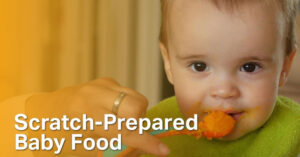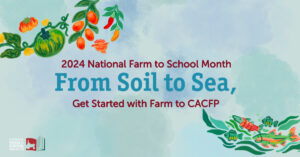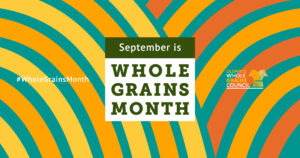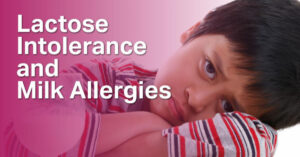Partner Resources
Stretch, Breathe, Move!
Our bodies can teach us a lot about our feelings, and our bodies can also help us understand and manage our feelings. Our partners at Sesame Street in Communities have resources to help you encourage children to notice the “clues” their bodies give them about what they may be feeling (for instance, a stomachache may be a sign that they’re feeling worried). Then, show them how to use their bodies to help them manage their feelings.
Read MorePhysical Activity in Child Care Settings
In the face of chilly temperatures, engaging in outdoor activities may seem less inviting. Yet, the importance of maintaining an active lifestyle is vital. Our partners ICN highlight the importance of physical activity and provides a variety of opportunities for staying active, both indoors and outdoors, within the child care setting.
Read MoreWellness Wheel of Self-Care
You can only show up for others, when you take care of yourself. That’s why self-care is so important for CACFP operators who are ensuring that children and adults in care receive nutritious meals. Our partners at Alliance for a Healthier Generation created the Wellness Wheel to provide ideas and action steps for self-care that address five key areas of overall well-being.
Read MoreReducing Salt Intake
Early childhood is a critical time for developing taste preferences. The food eaten by children during this time can influence their eating habits for many years. One challenge is the allure of salty flavors. However, too much sodium or salt intake can pose health risks. This Mealtime Memo from our partners at the Institute of Child Nutrition will demonstrate how to identify sodium in products and provide healthy food alternatives.
Read MoreScratch-Prepared Baby Food
Discover the ease of preparing scratch-prepared or homemade baby food without culinary expertise or a commercial kitchen. Incorporating scratch-prepared baby foods into your child care program can be manageable and rewarding. The Institute of Child Nutrition’s Mealtime Memo will guide you through the process, emphasizing the benefits and offering practical tips for implementation.
Read MoreCelebrate Farm to CACFP
October is National Farm to School Month, but it’s not just for schools. This is a time to celebrate the connections happening all over the country between children and local food in many different settings, including in the CACFP. Our partners at the National Farm to School Network (NFSN) have a Celebration Toolkit & resource to help you participate in farm to ECE activities.
Read MoreLearning Disabilities and Differences
October is Learning Disability Awareness Month. Children learn many skills in life—how to listen and speak, for example, or how to read, write, and do math. Some skills may be harder to learn than others. If a child has had appropriate learning experiences and instruction, but is not able to keep up with peers, it’s important to find out why and how to help. Our partners at the American Academy of Pediatrics have a blog to help caregivers and parents understand learning disabilities and differences.
Read MoreWhole Grains Month
September is Whole Grains Month. From whole wheat to nutty quinoa, whole grains add flavor, texture, and nutrition to your diet. Whether you’re baking bread, cooking dinner, or prepping snacks, there’s a whole grain option for every dish. Our partners at Oldways Whole Grains Council have materials to help you incorporate whole grains into your menu.
Read MoreFood Safety Tips
September is National Food Safety Education Month. Not only is it important for you to make sure the food you serve to those in your care are safe, following food safety best practices can help avoid illness for yourself and those around you. Our partners at the International Food Information Council have resources to help you stay on top of food safety best practices.
Read MoreLactose Intolerance and Milk Allergies
Do you have children in your program who can’t drink milk? While the reasons a child cannot drink milk may vary, it is important to properly accommodate the child’s diet while participating in the CACFP. The Institute of Child Nutrition’s Mealtime Memo explains the difference between lactose intolerance and a milk allergy and discuss how to accommodate children with these disabilities.
Read More









